Filter by
SubjectRequired
LanguageRequired
The language used throughout the course, in both instruction and assessments.
Learning ProductRequired
LevelRequired
DurationRequired
SkillsRequired
SubtitlesRequired
EducatorRequired
Explore the Oceanography Course Catalog
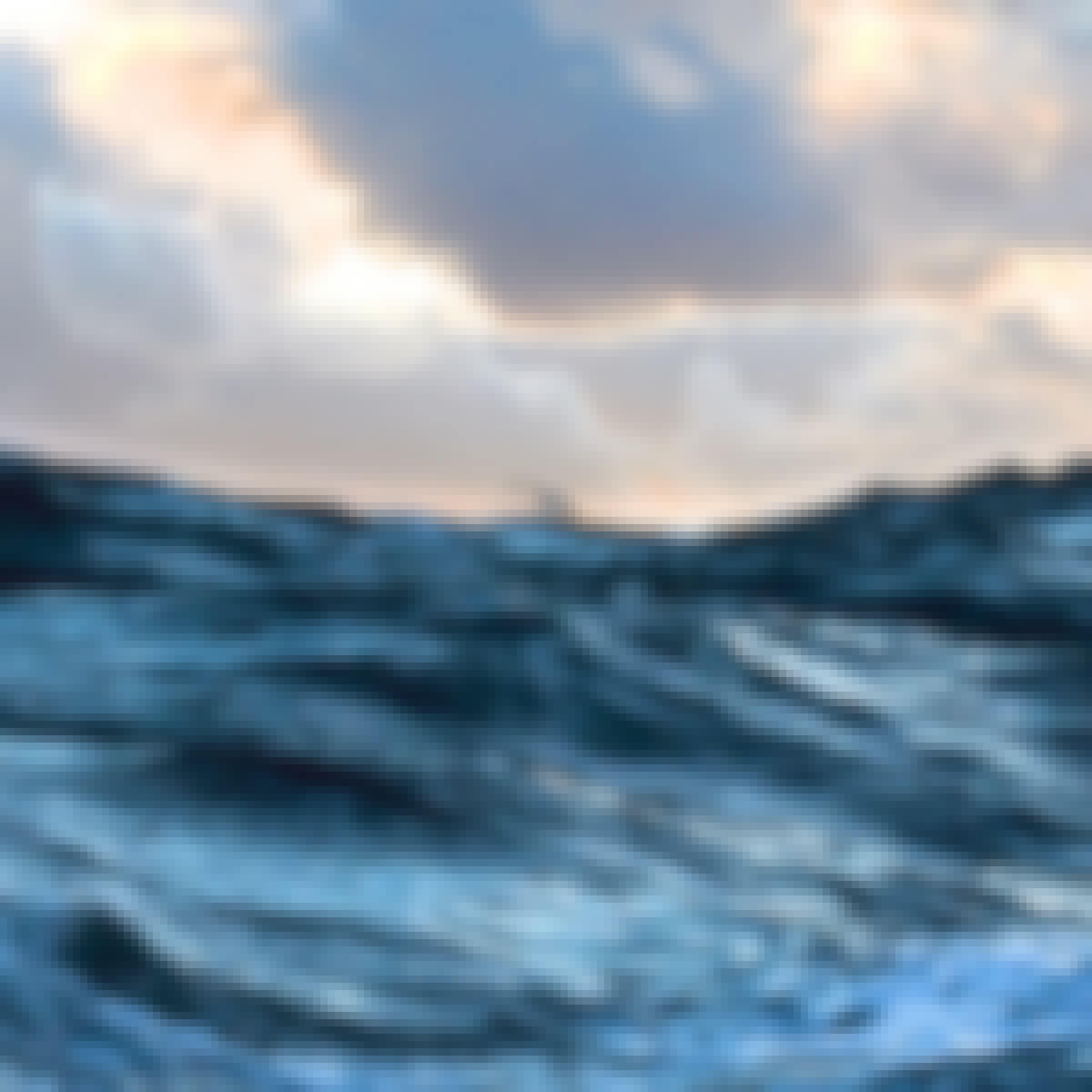 Status: Preview
Status: PreviewUniversitat de Barcelona
Skills you'll gain: Global Positioning Systems, Physical Science, Water Resources, Water Quality, Geographic Information Systems, Geospatial Information and Technology, Chemistry, Environment, Environmental Science, Mechanics, Biology, Systems Of Measurement, Climate Change Mitigation, Remote Access Systems
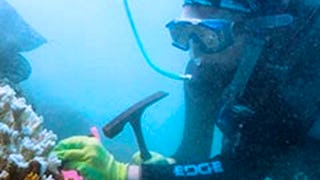 Status: Preview
Status: PreviewAmerican Museum of Natural History
Skills you'll gain: Life Sciences, Biology, Environmental Science, Environment, Biochemistry, Physiology, Hydrology, Environmental Issue, Anatomy, Water Quality, Behavioral Health, Research
 Status: Free Trial
Status: Free TrialRice University
Skills you'll gain: Biology, Environment, Microbiology, Environmental Science, Life Sciences, Environmental Issue, Sustainable Development, Natural Resource Management, Physiology, Molecular Biology, Taxonomy, Cell Biology, Anatomy, Climate Change Adaptation, Estimation, Mathematical Modeling, Scientific Methods, Climate Change Mitigation, Experimentation, Case Studies
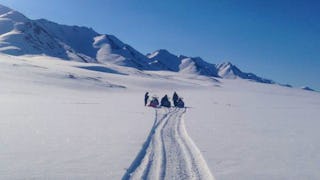 Status: Free Trial
Status: Free TrialUniversity of Colorado Boulder
Skills you'll gain: Oil and Gas, Climate Change Programs, Environment, Governance, Energy and Utilities, Environmental Science, Environmental Monitoring, Physical Science, International Relations, Environmental Policy, Socioeconomics, Natural Resource Management, Hydrology, Economics, Cultural Diversity, Climate Change Adaptation, Geographic Information Systems, Mathematical Modeling, Transportation Operations, Social Studies
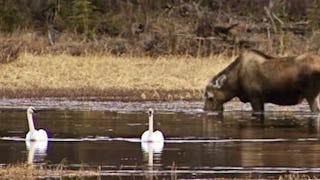 Status: Free Trial
Status: Free TrialDartmouth College
Skills you'll gain: Environment, Environmental Issue, Environmental Science, Sustainable Development, Biology, Hydrology, Water Quality, Systems Thinking, Water Resource Management, Energy and Utilities, Physics, Climate Change Mitigation, Chemistry
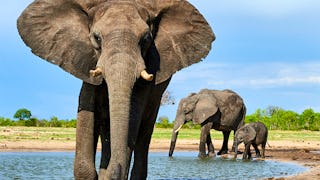 Status: Preview
Status: PreviewAmerican Museum of Natural History
Skills you'll gain: Environment, Systems Thinking, Environmental Science, Natural Resource Management, Environmental Resource Management, Biology, Sustainable Development, Environmental Engineering and Restoration, Case Studies, Mathematical Modeling
What brings you to Coursera today?
 Status: Free Trial
Status: Free TrialUniversity of Illinois Urbana-Champaign
Skills you'll gain: Environmental Monitoring, Hydrology, Environmental Engineering and Restoration, Water Resource Management, Land Management, Natural Resource Management, Water Resources, Water Quality, Climate Change Adaptation, Environmental Science, Biology, Research Reports, Environment and Resource Management, Environment, Geographic Information Systems, Laboratory Testing, Geospatial Information and Technology, Technical Documentation, Microbiology
 Status: Free
Status: FreePrinceton University
Skills you'll gain: Biology, Physical Science, Biochemistry, Physics, Microbiology, Environmental Science, General Science and Research, Scientific Methods, Mathematical Modeling

University of California San Diego
Skills you'll gain: Biotechnology, Biochemistry, Manufacturing and Production, Food and Beverage, Sustainable Design, Chemical Engineering, Pharmaceuticals, Environment and Resource Management, Biology, Taxonomy, Environmental Science, Microbiology, Process Engineering, Laboratory Testing
 Status: Preview
Status: PreviewStanford University
Skills you'll gain: Cryptography, Data Encryption Standard, Encryption, Key Management, Advanced Encryption Standard (AES), Public Key Cryptography Standards (PKCS), Cybersecurity, Authentications, Data Integrity, Secure Coding, Algorithms
 Status: Preview
Status: PreviewThe University of Chicago
Skills you'll gain: Climate Change Mitigation, Environment, Climate Change Adaptation, Environmental Issue, Physical Science, Sustainable Development, Physics, Mathematical Modeling, Thermal Management, Environmental Science, Simulations, Energy and Utilities, Chemistry, Systems Of Measurement
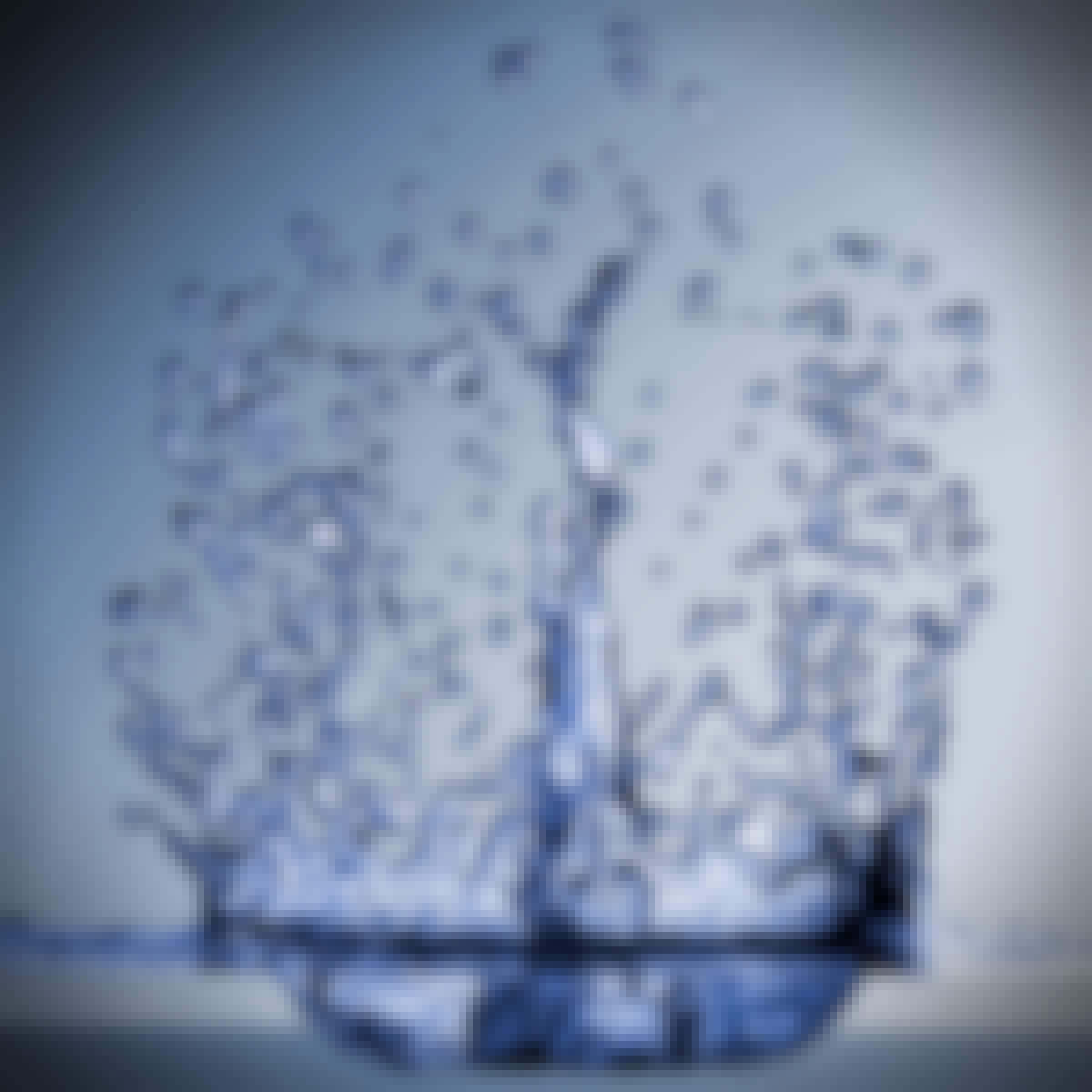 Status: Preview
Status: PreviewUniversity of Geneva
Skills you'll gain: Simulations, Python Programming, Numerical Analysis, Mathematical Modeling, Probability, Artificial Intelligence and Machine Learning (AI/ML), Visualization (Computer Graphics), Mechanics
Oceanography learners also search
In summary, here are 10 of our most popular oceanography courses
- Oceanography: a key to better understand our world: Universitat de Barcelona
- Marine Biology: American Museum of Natural History
- Introduction to Biology: Ecology, Evolution, & Biodiversity: Rice University
- Arctic Meltdown: University of Colorado Boulder
- Environmental Science: Dartmouth College
- Ecology: Ecosystem Dynamics and Conservation: American Museum of Natural History
- Wetland Science & Management: Fundamentals to Conservation: University of Illinois Urbana-Champaign
- Imagining Other Earths: Princeton University
- Introduction to Algae: University of California San Diego
- Cryptography I: Stanford University










